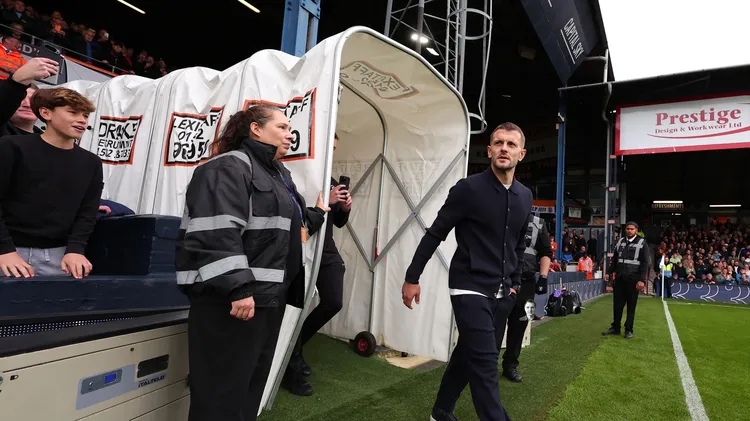Sacked by Bournemouth, the former West Ham midf
Why gary o’neilcould be managerof the season
3 min read
This article is from...
Read this article and 8000+ more magazines and newspapers on Readly






